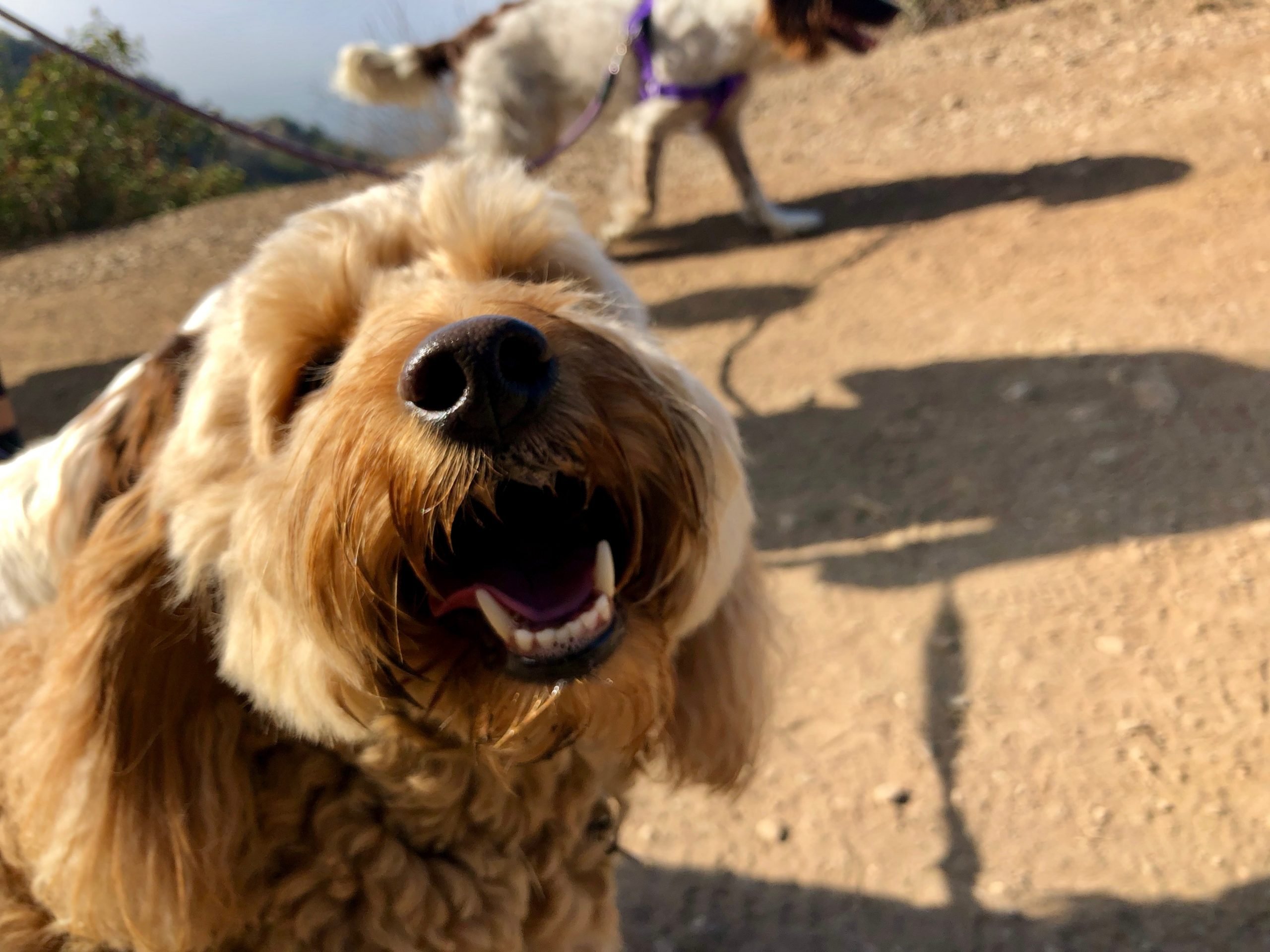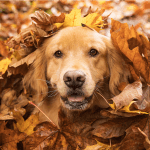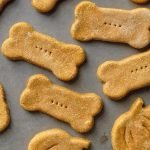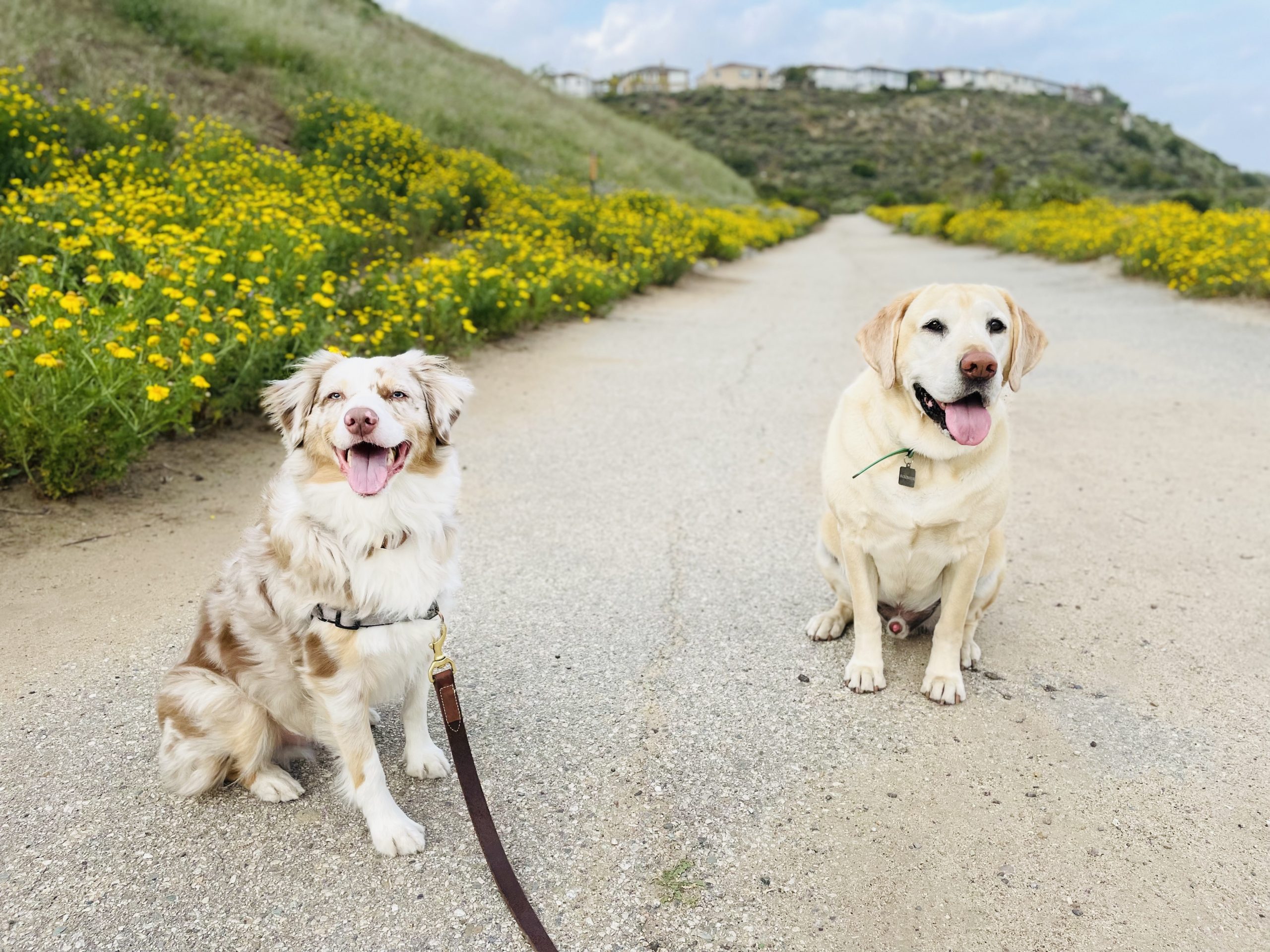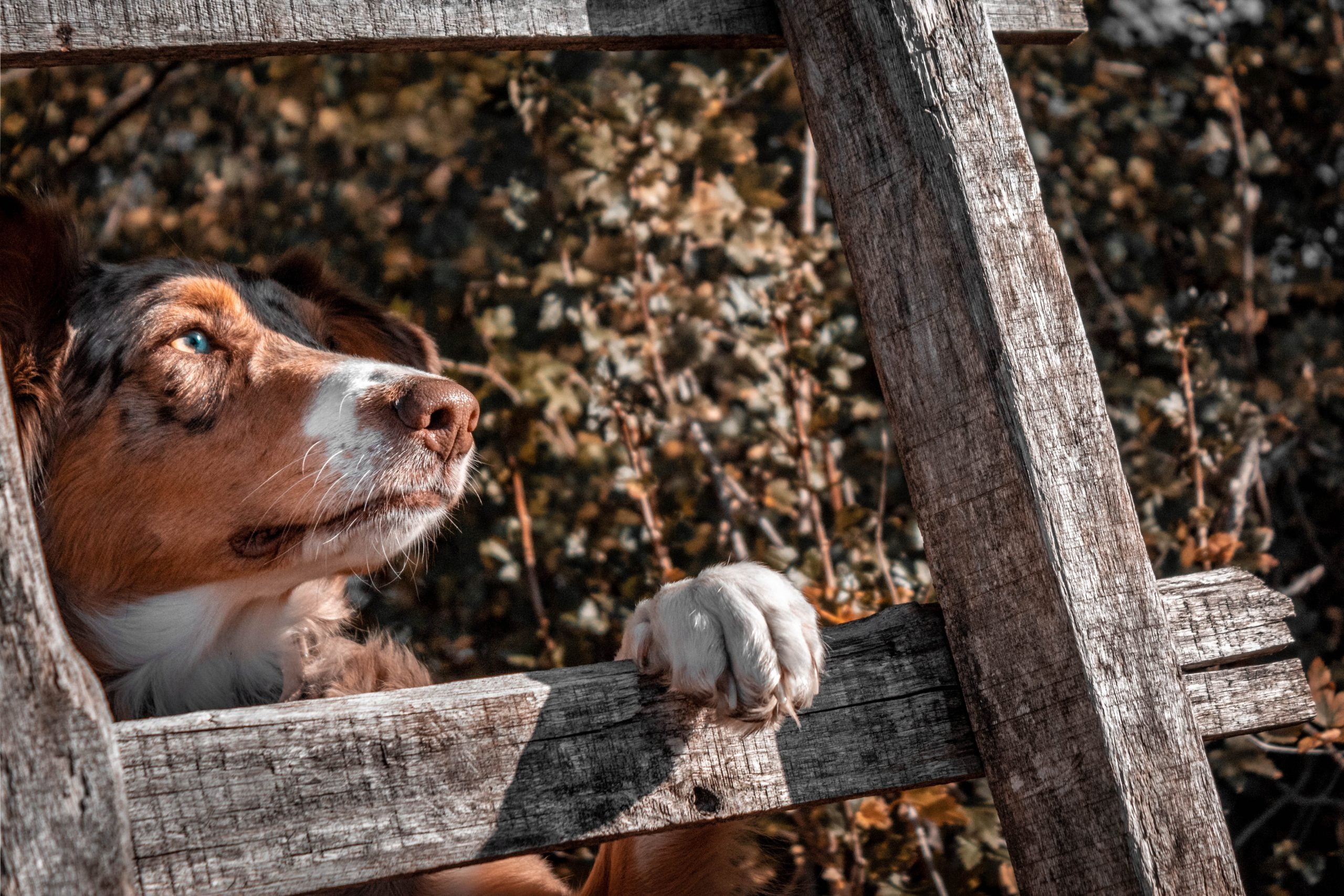
What a year it has been! We’ve all had our lives flipped upside down this year, with many extreme changes that we couldn’t have imagined in our wildest dreams. We worry about our families, our health, our city, but rarely do we think about how these changes may affect our dogs in the future. Right now, with most pet owners working from home, and kids schooling virtually, our doggies are extremely comfortable, basking in the company of their loved ones. What once only occurred on weekends or holidays is now their daily routine – everyone is home with them ALL DAY LONG….and they love it! It may take a year or two for our lives to return to normal, but once they do, are you and your dog prepared for, yet again, a new way of life?
There are many steps you can take to ensure that your pet doesn’t develop separation anxiety, as well as helpful tips if your dog is already exhibiting signs.
Signs of separation anxiety include…
- Chewing, digging, and other forms of destructive behavior
- Barking, howling and whining
- Pacing
- Panting excessively
- Trembling
- Attempts to escape or hide
- Clinginess
- Urinating/defecating in the home
- Changes in appetite and sleep
Steps to take to reduce separation anxiety in dogs…
- Dog’s thrive with routine, so be sure to keep yours consistent. Feeding, walking and playtime should occur close to the same time each day.
- If you had a dog walker when you were working outside the home, consider keeping her on. This will help your dog stay accustomed to other people walking him, as well as give him a little time away from you.
- Incremental time alone is key. If your dog is already exhibiting signs of separation anxiety, it’s best to make time away a gradual thing. Start small by going out for a few minutes at a time, and gradually increase your time away. Here is a great step by step resource on how to do this by Whole Dog Journal.
- Give your pup things to do while you’re gone! It’s best to provide several types of toys and games for your dog to enjoy, which can include a treat puzzle or a Kong filled with a frozen banana or peanut butter. These will keep him occupied, and will keep destructive behavior at bay.
- Exercise, exercise, exercise! A pooped pup is a happy, calm pup. Exercise has been associated with lower levels of aggression, destructive behavior, and separation anxiety in dogs.
- Consider a pet sitter or dog walker with Doggie Bliss! As you start being out of the house for several hours at a time, your pet may feel stressed and afraid. Consider giving them a midday break by hiring a professional dog walker who will give them the love, attention, and exercise that they’re craving! Contact us today!
